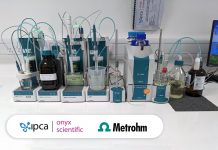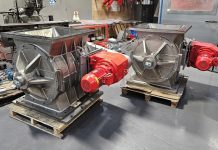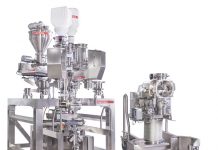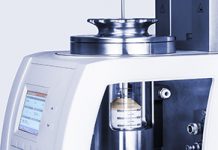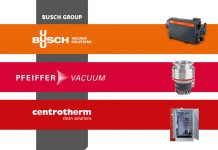Examples of industrial symbiosis in action included the use of non-toxic industrial waste to produce energy through incineration and, in another UK case, a company that produces vehicle air conditioning units and engine cooling systems provided one of its waste products – a hazardous potassium aluminium fluoride-based substance – to a company that was able to use it in the recycling of aluminium.
The arrangement between the companies saw a reduction in hazardous waste by 15 tonnes per year and a cut in waste management costs by £30,000 (€36,000).
Other UK examples included the diversion of carbon dioxide generated in the manufacturing of nitrogen products and methanol to enable year-round cultivation of tomatoes in greenhouses, which allowed the growers to make their operation more cost-effective.
Another example was Denby, which has been making pottery in Derbyshire for more than 200 years.
The company developed a zero waste to landfill policy to improve its sustainability through better disposable of ceramic waste.
To turn the idea into reality, NISP put the company it in touch with Nottinghamshire Recycling Ltd, which recycled the ceramic waste into aggregates for the construction market and was able to use its on-site materials recovery facility to sort additional waste materials such as cardboard and plastics.
Cost savings totalled £10,000 for Denby, with additional sales of £110,000, and 3936 tonnes was diverted from landfill – 3,880 tonnes of ceramics and 56 tonnes of general waste with a CO2 reduction of 596 tonnes.



